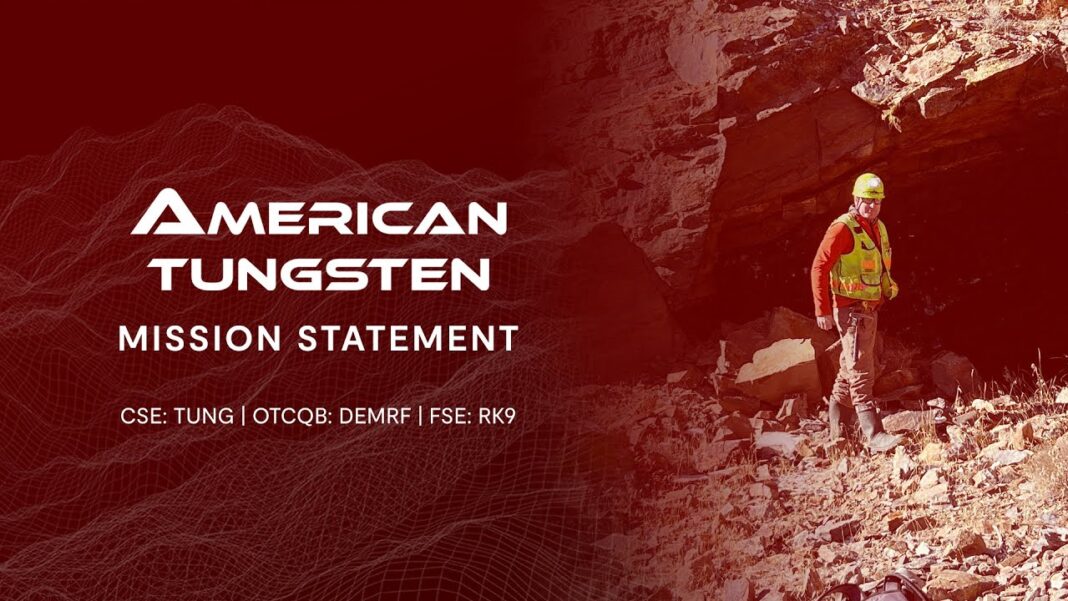The White House announced on Aug. 22 that the U.S. government now officially holds a 10 percent stake in struggling chipmaker Intel.
Commerce Secretary Howard Lutnick announced the deal on X.
“BIG NEWS: The United States of America now owns 10% of Intel, one of our great American technology companies,” Lutnick wrote.
The deal had been in the works since the White House signaled early this week that the U.S. government would seek a stake in the company in exchange for the almost $11 billion in grants the company obtained under the CHIPS and Science Act.
Before the announcement, President Donald Trump confirmed that Intel had agreed to give the federal government a 10 percent stake in the company.
Trump, speaking to reporters at the Oval Office on Aug. 22, said that Intel CEO Lip-Bu Tan agreed to the arrangement during their Aug. 11 meeting.
“He walked in wanting to keep his job, and he ended up giving us $10 billion for the United States,” Trump said.
Despite Trump’s previous criticisms of Tan over his alleged connections to China, the president noted that he “liked him a lot” and “thought he was very good.”
“I said: ‘You know what? I think the United States should be given 10 percent of Intel.’ And he said, ‘I would consider that,’” Trump told reporters.
“I said, ‘I think it would be good having the United States as your partner.’ He agreed, and they’ve agreed to do it, and I think it’s a great deal for them.”
Intel, Trump said, had been left behind by many of its industry competitors, such as Nvidia and TSMC, in recent years.
“This historic agreement strengthens U.S. leadership in semiconductors, which will both grow our economy and help secure America’s technological edge,” Lutnick wrote.
He thanked Intel’s CEO “for striking a deal that’s fair to Intel and fair to the American People.”
Shares of Intel climbed by as much as 6 percent to close out the trading week, adding to the stock’s year-to-date gain of 22 percent.
Breathing Room for the Chipmaker
Government backing may offer Intel a much-needed cushion following its $19 billion annual loss—its first in nearly four decades.
The $100 billion company recently added to its momentum after receiving a $2 billion capital injection from Japan’s SoftBank.
Earlier this week, Lutnick noted that the federal government was not pursuing governance rights or a voting stake to direct Intel’s operations. Instead, the president wanted to obtain “a good return for the American taxpayer instead of just giving grants away,” he said.
“We want Intel to be successful in America,” Lutnick said in an Aug. 19 interview with CNBC’s “Squawk Box.”
“We’d like an American transistor built in America, right? We’d like an American to be doing that.”
By Andrew Moran







